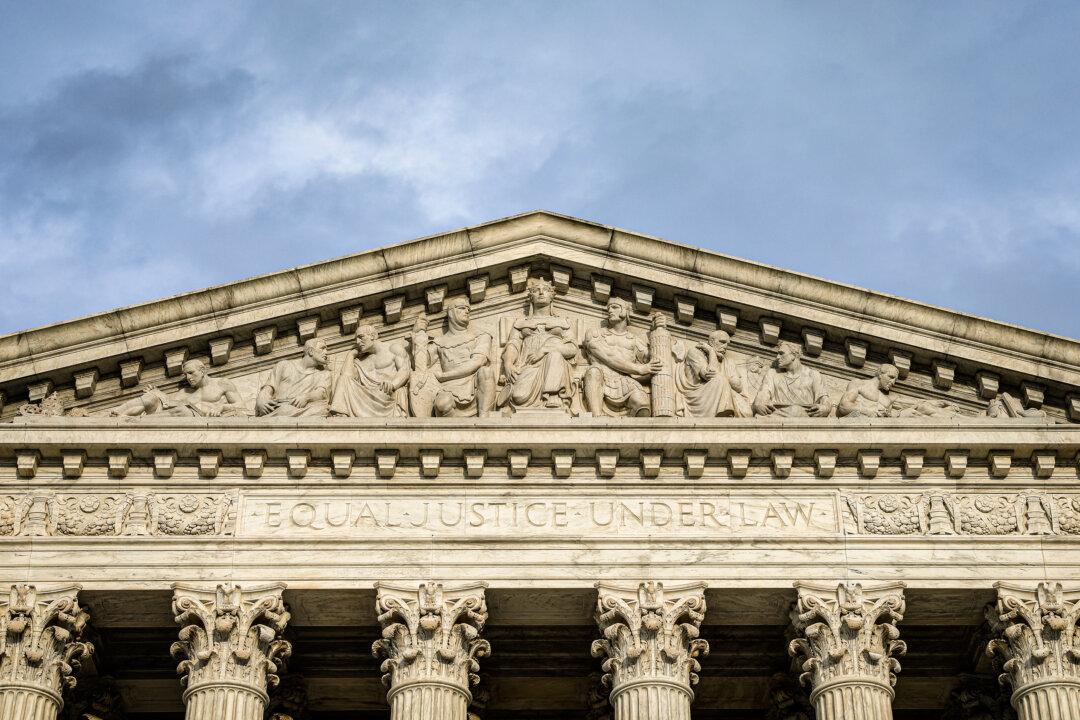U.S. Supreme Court justices seemed skeptical of TikTok’s request to halt a federal law requiring indirect owner ByteDance to divest itself of the company by Jan. 19 or cease U.S. operations.
Their comments came on Jan. 10 in a dramatic legal showdown nine days before the law is scheduled to take effect. Oral arguments took place in TikTok Inc. v. Garland and its companion case, Firebaugh v. Garland.





